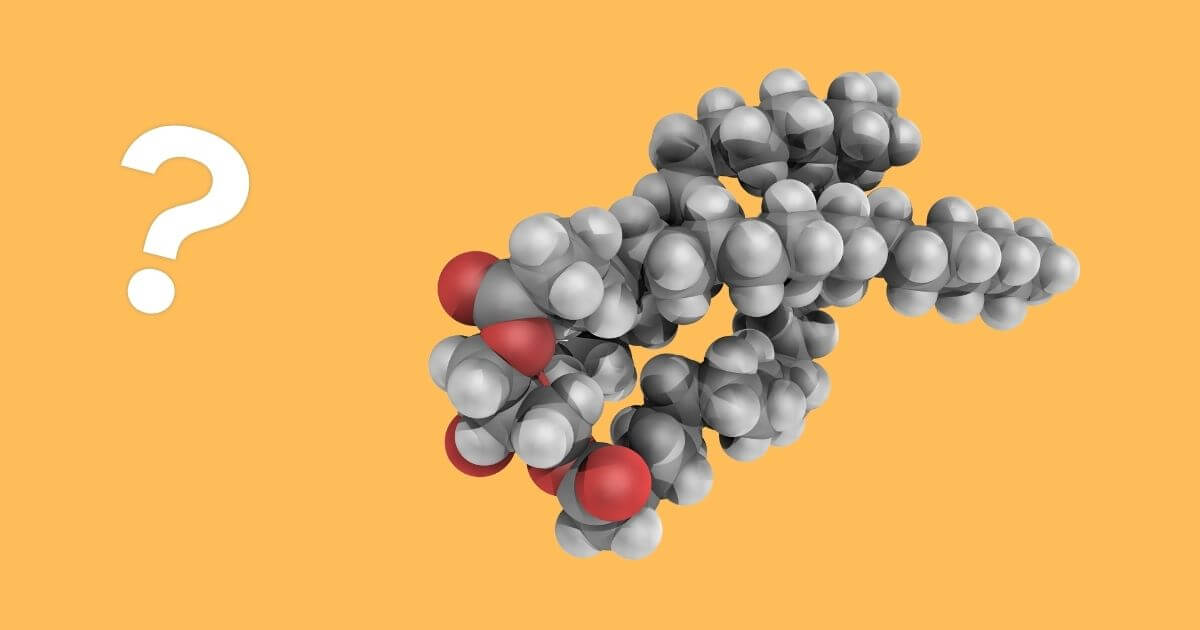What are triglycerides?
Table of contents
Have you recently been told you have raised triglyceride levels but have many unanswered questions? Triglycerides are a measure of heart health and having a high level of triglycerides in your blood can increase your risk of heart disease. The first steps in treatment to lower triglyceride levels include eating a healthy diet and an increase in exercise, but if this is not enough medication options are available. Read on to learn more about triglycerides, including what causes high triglyceride levels and how to lower them.
What are triglycerides?
Triglycerides can be described as a type of fat scientifically known as a lipid found in your blood.
How are they different from cholesterol?
Triglycerides and cholesterol are different types of lipids that circulate in your blood:
- Triglycerides are our main source of energy and store of calories for use when needed
- Cholesterol is used to make cells in the body and certain hormones
How do triglycerides get into the blood?
Triglycerides are in some foods that we eat, such as meat, dairy products, cooking oils refined grains, sugary foods, and drinks. These foods go through your digestive system and triglycerides are absorbed by your intestines.
From there they are packaged together with proteins to form a chylomicron (lipoprotein), which is used as a vehicle to transport triglycerides to our tissues to be used for energy immediately or stored for later use in your fat cells.
Eating more calories than you burn and consuming high amounts of carbohydrate foods may lead to high triglyceride levels (hypertriglyceridemia).
What’s considered normal?
The National Cholesterol Education Program Adult Treatment Panel (NCEP ATP III) guidelines divide triglyceride levels into four different classes:
- Normal
Less than 150 milligrams per deciliter (mg/dL), or less than 1.7 millimoles per liter (mmol/L)
- Borderline high
150 to 199 mg/dL (1.8 to 2.2 mmol/L)
- High
200 to 499 mg/dL (2.3 to 5.6 mmol/L)
- Very high
500 mg/dL or above (5.7 mmol/L or above)
Your doctor will carry out a simple blood test to determine your triglyceride level. This is normally part of a comprehensive cholesterol test known as a lipid panel that will give a complete picture of your lipid profile. A lipid panel will measure your low-density lipoprotein (LDL) cholesterol, high-density lipoprotein (HDL) cholesterol, and total cholesterol level. This test must be carried out in a fasted state.
What do high triglycerides do to your body?
High triglycerides can build up and clog up your blood vessels causing them damage, contributing to a build-up fatty plaques known as atherosclerosis. Blood flow is restricted through these narrowed blood vessels increasing the risk of stroke, heart attack, and heart disease. Inflammation of the pancreas (pancreatitis) can also occur with extremely high triglyceride levels.
High triglycerides can also be a sign of:
- Metabolic syndrome – a condition when high blood pressure, obesity, and high blood sugar occur together, increasing your risk of heart disease
- Hypothyroidism (low levels of thyroid)
- Type 2 diabetes
High triglycerides can sometimes occur as a side effect of taking certain medications, such as:
- Diuretics
- Estrogen and progestin
- Retinoids
- Steroids
- Beta-blockers
What is the best way to reduce triglycerides?
The American Heart Association emphasizes a healthy lifestyle to reduce levels and keep them low:
- Increase your physical activity
30 minutes of moderate-intensity physical activity on five or more days
- Avoid sugar and simple carbohydrates
Foods that contain high amounts of simple sugars, especially fructose raise triglyceride levels. Try opting for whole grains carbohydrates such as oats, brown rice and multi-grain bread instead of white flour foods
- Reduce calorie intake and lose weight
Extra calories are converted to triglycerides and stored as fat
- Choose healthier fats
Cooking with olive oil and canola oil is a better choice. Instead of red meat, try fish high in omega-3 fatty acids such as mackerel or salmon. Avoid foods such as cakes, cookies, and frozen pizzas that contain trans fats. Keep dietary fat to 25-35% of the total diet.
- Limit how much alcohol you drink
Alcohol is calorific and contains sugar. Even small amounts of alcohol can lead to changes in triglyceride levels.
What about medication?
If healthy lifestyle changes have not reduced your triglyceride levels enough your healthcare provider may recommend drug treatment. These drugs work in different ways to lower high cholesterol. The following drugs are available:
Statins
- Lipitor (atorvastatin)
- Mevacor (lovaststatin)
- Crestor (rosuvastatin)
- Zocor (simvastatin)
- Pravachol (pravastatin)
Fibrates
Fibrates aren’t used if you have severe kidney or liver disease.
Fish oil
These products contain more-active fatty acids than many nonprescription supplements.
Niacin is also known as nicotinic acid
- Niaspan
- Niacor
- Nicotinex
There are also combination products containing niacin and a statin available such as Simcor (niacin/simvastatin) for patients.
Medications are helpful to reduce blood triglyceride levels but ultimately healthy lifestyle changes are very important for long-term benefit.
Medically reviewed
A medical professional has reviewed this article.


Jamie Winn, PharmD
Jamie Winn, PharmD
Dr. Jamie Winn received his Doctor of Pharmacy in 2002 from the University of South Carolina College of Pharmacy, Columbia, SC. Jamie is a medical reviewer for NiceRx.

